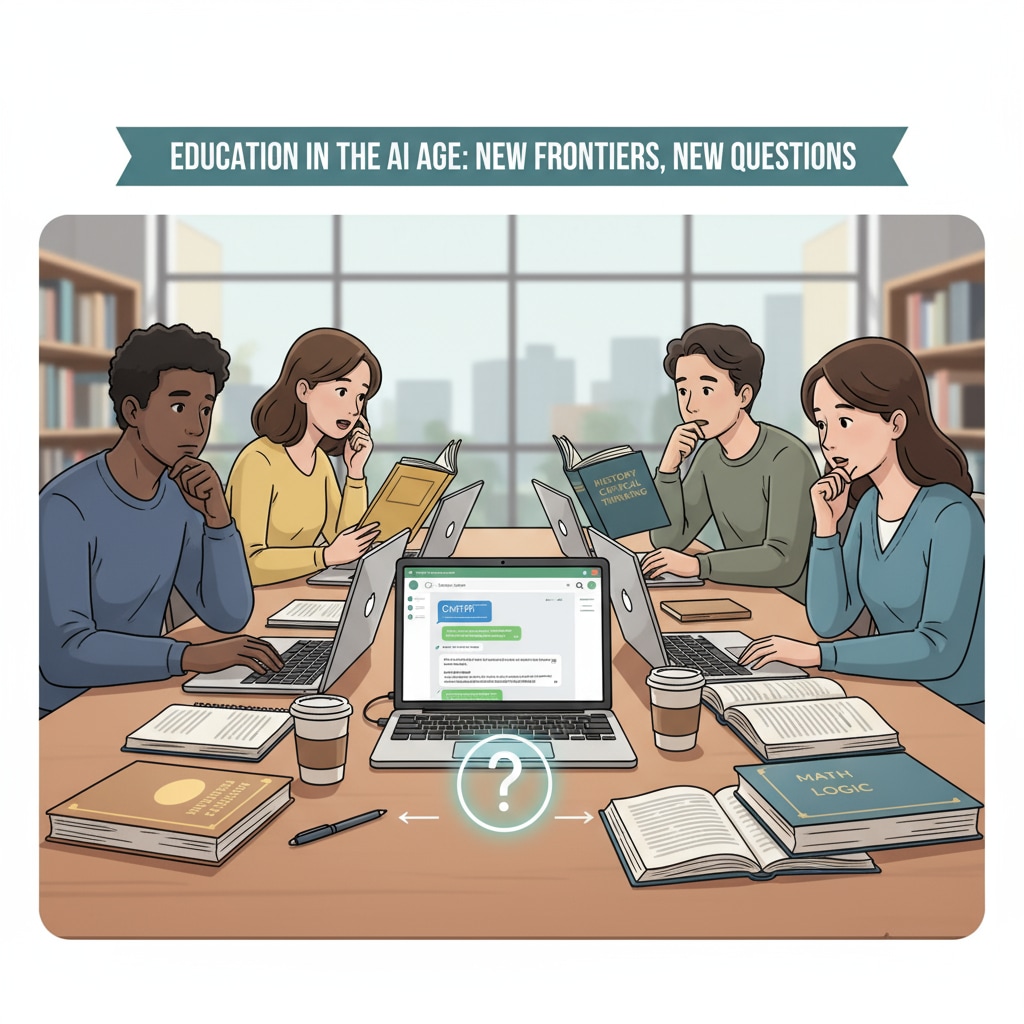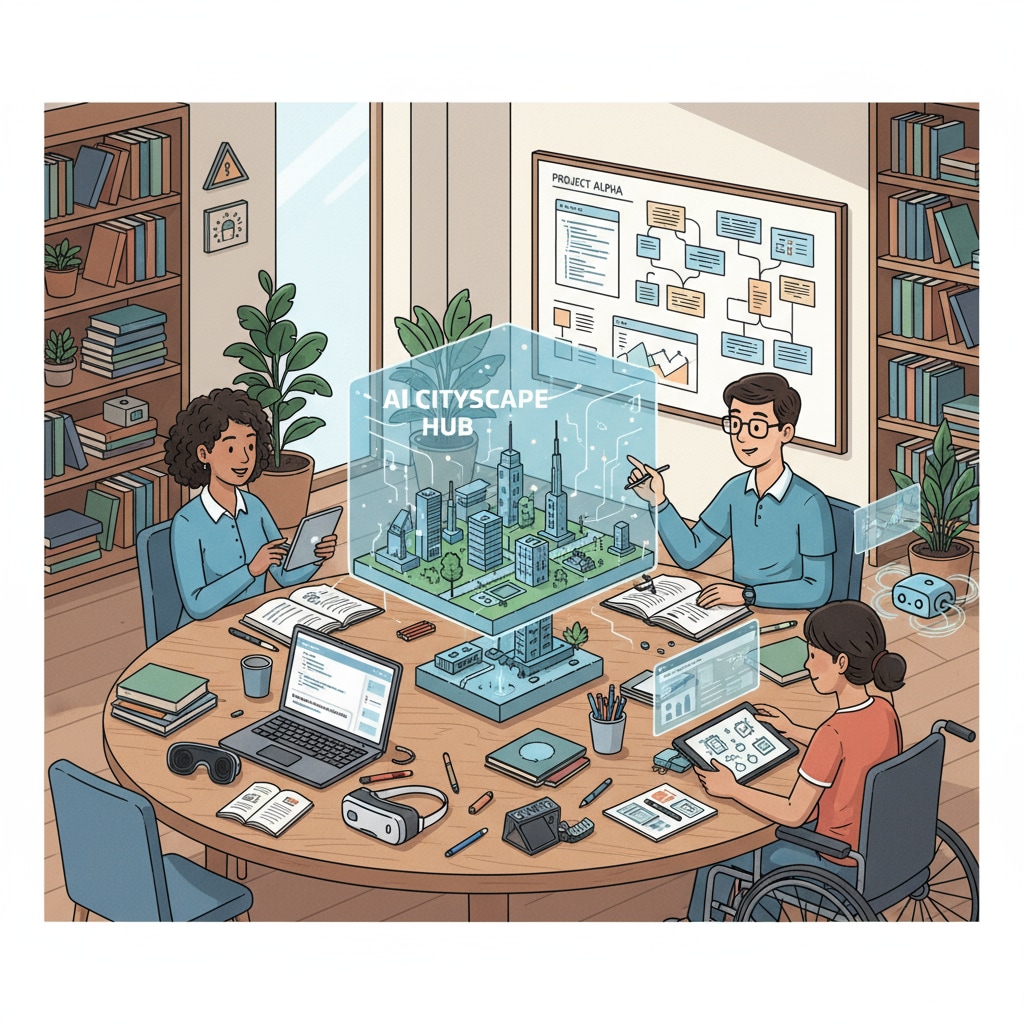In the era of rapid technological advancement, the issues of student cheating, ChatGPT, and homework have become intertwined, presenting significant challenges to the educational system. The emergence of powerful AI tools like ChatGPT has transformed the way students approach their studies, unfortunately also providing new avenues for academic dishonesty. As educators and parents grapple with these changes, it is crucial to understand the implications and find solutions.

The New Face of Student Cheating
With the widespread availability of ChatGPT, students now have access to a tool that can generate essays, solve problems, and provide answers at an alarming speed. This has led to a surge in sophisticated cheating methods. For example, some students use ChatGPT to write entire assignments, passing off the AI – generated content as their own. According to Educause’s report on AI in education, educational institutions are increasingly detecting such instances of academic dishonesty. This new form of cheating not only undermines the learning process but also devalues the hard work of honest students.
The Role of Homework in the AI Age
Homework has long been a staple of education, intended to reinforce learning, develop study habits, and prepare students for exams. However, in the face of AI – enabled cheating, its traditional role needs reevaluation. Is homework still relevant when students can easily obtain answers from AI? On one hand, it can be argued that homework should be redesigned to be more interactive and creative. Instead of rote – learning tasks, educators can assign projects that require critical thinking and hands – on work. For instance, science homework could involve conducting experiments at home and analyzing the results, rather than just answering textbook questions. As stated by the National Education Association, appropriate homework can enhance student learning, but it must adapt to the new technological landscape.

To prevent AI – assisted cheating, educators can adopt several strategies. Firstly, they can incorporate in – class activities that require immediate responses. Since ChatGPT cannot be used in real – time during an in – class assignment, this can ensure that students are doing their own work. Secondly, educators can teach students about academic integrity and the ethical use of technology. By raising awareness, students are more likely to understand the importance of honesty in their studies. Additionally, educational institutions can invest in software that can detect AI – generated content. These tools analyze the writing style, language patterns, and sources of information to identify potential instances of cheating.
Readability guidance: The article has presented the challenges of student cheating with the help of ChatGPT and the need to reevaluate homework. By using short paragraphs and clear headings, it aims to be accessible. Each section provides a distinct perspective, and transitions like ‘however’ and ‘for example’ are used to enhance flow. Lists could be further developed in future expansions, and the passive voice is kept to a minimum.


